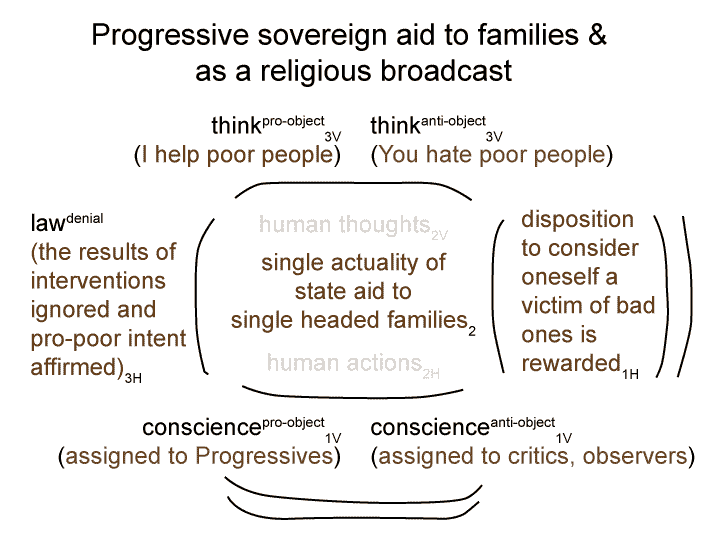Man and Sin by Piet Schoonenberg (1964) 2.2 CQ
[All interventions by the postreligious (enlightenment) sovereign religions are ‘we win and you lose’ for traditional religions.
Once intentions are more consequential than consequences, then consequences may be blamed on scapegoats.
When the intervention improves the actuality, it verifies the ideological slogan.
When the intervention worsens the actuality, it verifies the ideological slogan.
What slogan?
We are the good ones who must identify and destroy the bad ones.]

